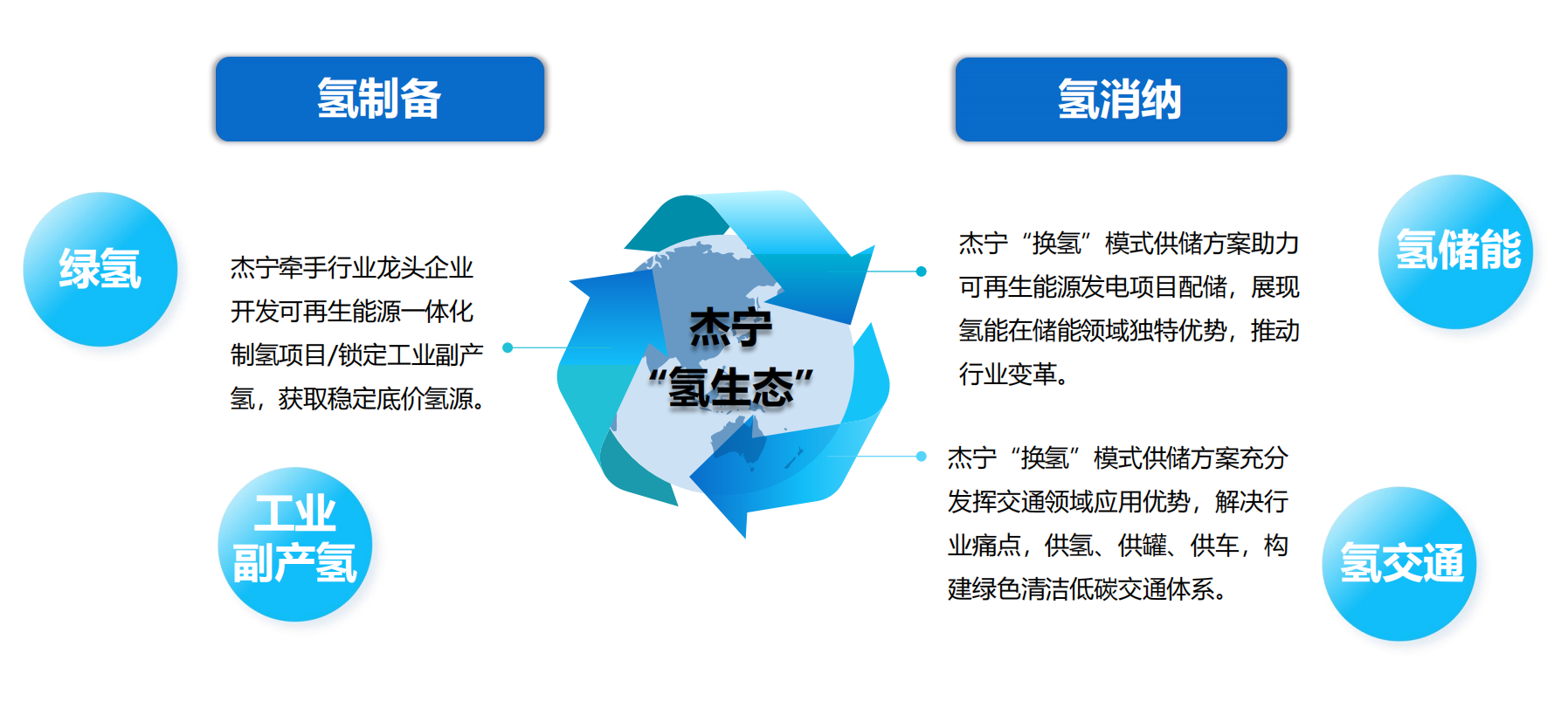
At the start of 2024, China's State Council reviewed and approved the draft "Energy Law of the People’s Republic of China", legally establishing hydrogen’s role as an energy source. This marks a significant step in unlocking hydrogen’s potential. Moreover, China’s 14th Five-Year Plan** and **2035 Long-Range Goals Outline** recognize hydrogen as a forward-looking industry. Key policies such as the "Energy Technology Revolution Innovation Action Plan (2016–2030)" and its roadmap prioritize hydrogen energy and fuel cell technology, defining strategic directions, innovation goals, and actionable tasks.
Ensuring accessible and affordable hydrogen is essential for the development of fuel cell vehicles (FCVs). However, the traditional approach of building fixed hydrogen refueling stations—mirroring gas stations—faces challenges in planning, cost, and operational efficiency, limiting its scalability. A new infrastructure approach is crucial for hydrogen’s steady growth.
Jiening has pioneered a "hydrogen exchange system, creating an innovative hydrogen supply framework. Leveraging renewable energy for green hydrogen and industrial byproduct hydrogen, the "hydrogen swap model" directly supplies hydrogen from centralized hubs. This model replaces refueling stations with hydrogen swap stations, overcoming barriers such as difficult approval processes, high initial investments, and low operational efficiency. By aligning hydrogen vehicle costs with those of fuel vehicles, it paves the way for a green, low-carbon transportation system.
Jiening's hydrogen swap model has gained broad recognition from strategic partners such as the "China Energy Investment Corporation" and "Baowu Steel Group", becoming a core application for carbon reduction in logistics. Jiening is also positioned as a strategic partner in integrated renewable hydrogen production, storage, and application projects.
This model optimizes the hydrogen pricing system and provides a "replicable, safe, cost-effective" supply solution for FCVs. It represents an outstanding approach for large-scale hydrogen adoption in China's transportation sector.

